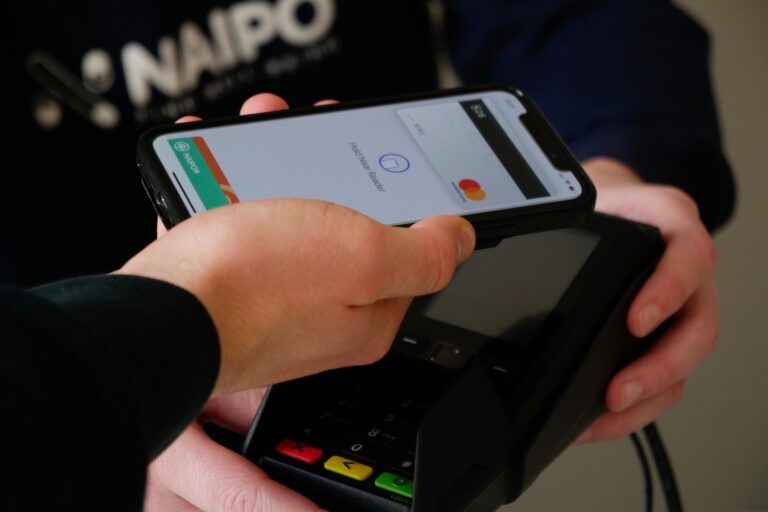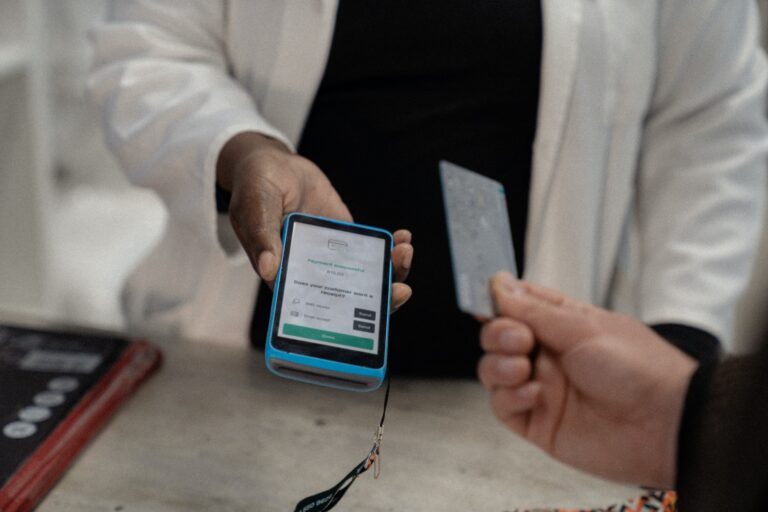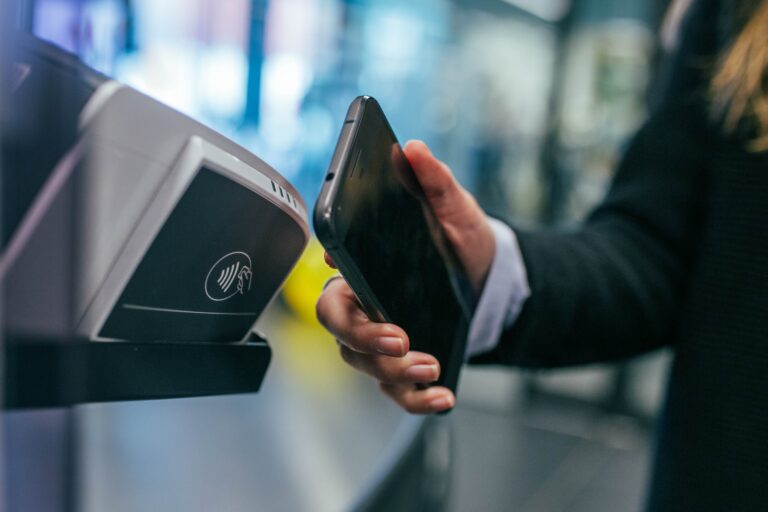Increasing hotel occupancy can be a challenge, especially in a competitive or down market. However, there are several strategies hotels can use to attract more guests and fill more rooms. Here are some tips to effectively increase hotel occupancy:
1. Identify the target market
Hotels should determine who their ideal guests are and tailor their marketing efforts towards them. They should consider the location of the hotel: Is it in a city, near a beach, or in a rural area? This can help determine who is likely to stay at the hotel. They also have to look at the amenities and services the hotel offers: Does it have a spa, a pool, or a gym? These amenities can attract certain types of guests. Is it a budget hotel or a luxury resort? They should check the target markets of other hotels in the area and consider how to set their property apart.
2. Offer competitive rates
Hoteliers should monitor the rates of the competitors and adjust rates accordingly. They should calculate the costs, including expenses like labour, utilities, and supplies, to determine how much to charge to break even and to make a profit. A healthy profit margin is about 10-20%. It’s wise to look at the rates being offered by other hotels in the area and consider how to offer similar rates while still maintaining a profit. They can think about offering discounts or promotions to attract more guests. A dynamic pricing model could be ideal in order to easily adjust rates based on demand. Tools such as Hotel Link’s Yield Manager can assist with this. This can help capture more revenue during busy periods and encourage guests to book during slower times.
3. Improve online presence
Hotels should build a website that is easy to navigate and provides all the necessary information about the property and its amenities. Integrating a Booking Engine into the website can allow potential guests to search for and book rooms directly on the site. Hotels should also consider optimising the hotel website for search engines and encourage guests to leave reviews on sites like TripAdvisor and Google. They can use social media (e.g. Facebook, Instagram, etc.) to promote the property and interact with potential guests and respond to all reviews (in a positive manner) to attract new guests and improve online reputation. Many tools, such as TrustYou or GuestRevu, can help make sure a hotel is displayed in an honest and clear manner online.
4. Enhance booking processes and guest experiences
If a hotel’s booking process is cumbersome, that might lead to lost sales opportunities and a poor user experience. If the overall booking flow and guest experience are made as seamless as possible, it can make a lasting impression that significantly encourages repeat bookings and continued brand loyalty. A hotel business’ success and sustained hotel occupancy lie in how well it nurtures repeat customers. Satisfied customers can become free brand advocates and encourage powerful word-of-mouth recommendations that can make a huge difference for unlocking revenue.
Hotels can optimise their booking flow by offering online check-in and processing payments before arrival. That way, all guests have to do as they arrive is settle in and relax without having to queue up and wait longer. Using a PMS or a Booking Engine with an embedded payment system like Kovena can help hotels take care of payments in a secure, frictionless manner.
5. Collaborate with travel agents and tour operators
Partnering with travel agents and tour operators can help hotels reach a wider audience and generate more bookings. Hotels can offer them commission to encourage them to promote the brand to their clients. Building relationships with them is key, so hotels should train their staff to work with travel agents and tour operators. This may involve providing them with information about the hotel and its amenities, as well as helping them to make reservations and cover any special requests.
6. Utilise Online Travel Agencies (OTAs)
Hotels can list their property on popular OTAs such as Expedia and Booking.com to increase visibility and reach a larger audience. They should use high-quality images of the hotel and its amenities to fully showcase the property and entice potential guests.
7. Promote local events and attractions
If the hotel is located near popular attractions, they should maximise this by promoting these events and attractions on the hotel’s website and social media channels.
By implementing these strategies, hotels and accommodations can increase hotel occupancy and generate more revenue. On top of strengthening marketing efforts, make sure to invest in customer success as this can make or break a hotel’s success. Get in touch to learn how Kovena can help streamline hotel processes and enhance overall guest satisfaction.


